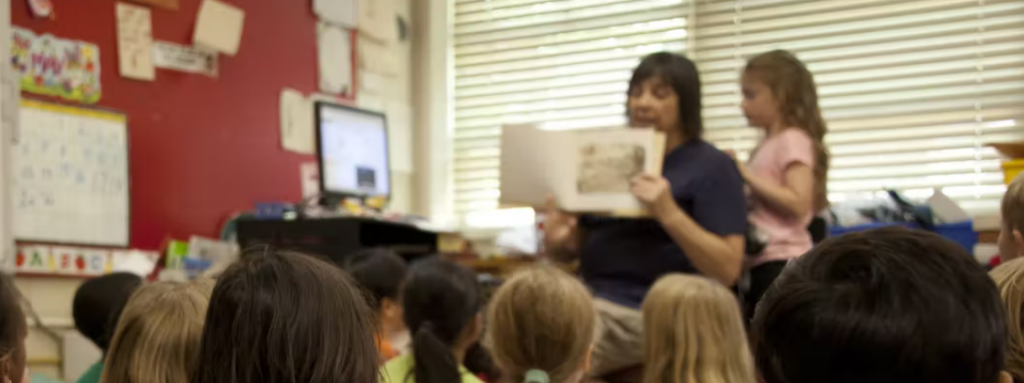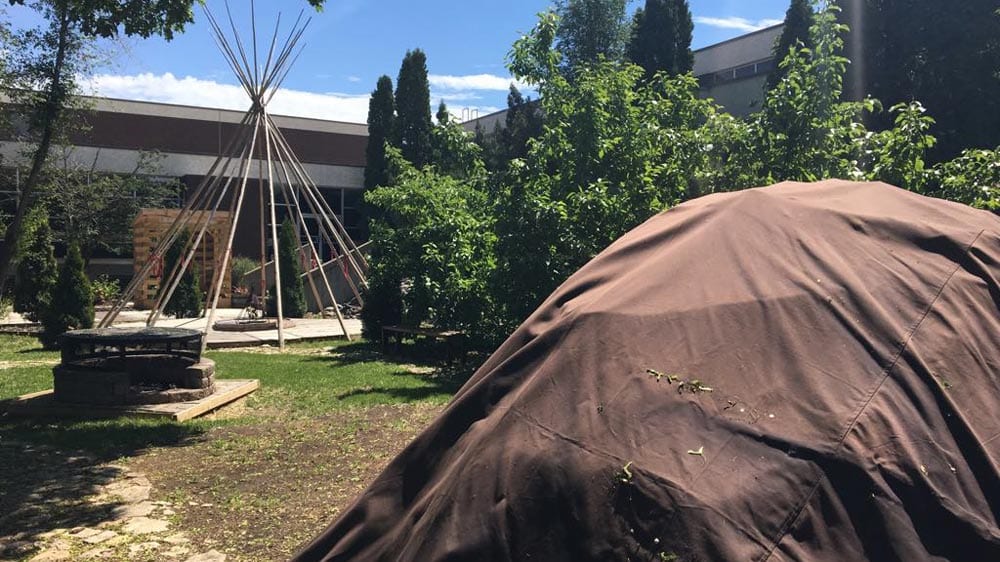Research Team
Dr. Adele Perry
Dr. Jarvis Browlie
Dr. Jocelyn Thorpe
Collaborators
Dr. Sean Carleton
Dr. Matt Henderson
Student Researchers
Hannah Belec
Jamie Nienhuysen
Katja Buchholz
History in the Hot Seat is part of the 2024 Knowledge Synthesis Grant Competition, funded by the Social Sciences and Humanities Research Council (SSHRC) in partnership with Canadian Heritage, Genome Canada, and UK Research Innovation’s Arts and Humanities Research Council (UKRI-AHRC). The theme of the 2024 Knowledge Synthesis Grant Competition, “Evolving Narratives of Cultures and Histories,” aims to assess and mobilize the existing knowledge on how factors such as globalization, war, colonization, racism, slavery, climate change, technology, social media, and more have shaped or changed cultural and historical narratives.
Following the theme and goals of Evolving Narratives of Cultures and Histories,” History in the Hot Seat will synthesize a decade of reckoning with Canada’s past and what it means to learn and teach it considering ongoing histories of colonialism and Indigenous dispossession. As such, this project will produce:
- A synthesis of scholarly literature, digital and print media, and grey literature about Canada’s past and colonialism since 2013.
- An open-access report that summarizes the research results.
- An accessible and usable bibliography.
- A podcast series.
- A workshop in late summer 2024 for educators to join the discussion on how we might best teach and disseminate Canadian history in a way that acknowledges the central of Indigenous dispossession to Canada’s past and present.

History in the Hot Seat will provide valuable and portable knowledge about the current reckoning with Canada’s past and what it means for how we might rethink Canada’s history and how we research, commemorate, and study it. These findings will be relevant for academics, public history professionals and organizations, educators and others working to develop and sustain visions of Canada’s past that recognize the role of colonization, dispossession, and systemic racism in Canada’s past, present, and future.

On Tuesday, August 27th and Wednesday, August 28th, 2024, the Centre for Human Rights Research at the University of Manitoba and the Winnipeg School Division welcomed elementary, middle, and secondary educators to the “Putting the Knowing and Teaching of Canada’s Past in the Hot Seat” workshop.
The free two-day workshop, held at the University of Manitoba and Wolseley School, fostered discussions of how we might best teach and learn Canadian history to acknowledge Indigenous histories and ongoing histories of colonialism.
On the first day of the workshop at the University of Manitoba, Sandra Bender from the National Centre for Truth and Reconciliation (NCTR) presented the history and legacies of Residential Schools in Canada and the formation and work of the NCTR. Author and community activist Michael Redhead Champagne also shared and led a discussion about how Indigenous history has been and will be made in Winnipeg.
Michael Redhead Champagne asked participants, “What gets to be history?” The question sparked discussions of the power relationships between the experiencers, tellers, listeners, repeaters, and amplifiers of history.
On the second day of the workshop at Wolseley School, Dr. Erin Millions discussed her work with Welcoming Winnipeg—an initiative to “create new, add to or remove/rename historical makers and place names and resolve the absence of Indigenous perspectives, experiences and contributions”—and the significance of commemoration for reconciliation.[1] Dr. Lindsay Gibson also described his research on past and current school commemoration practices in Vancouver, which are comparable to those in Winnipeg. Dr. Millions and Gibson’s presentations at Wolseley School were especially relevant as the Wolseley community is changing the school’s name.
Listen to Dr. Lindsay Gibson talk about his research and experience at the workshop.
Find resources and links from the speakers below:
- Link to the Thinking About Commemorations resource for teachers: https://tc2.ca/products/thinking-about-historical-commemorations.
- Link to the National Centre for Truth and Reconciliation’s Educational Resources and Programs: https://nctr.ca/education/.
- Link to the Welcoming Winnipeg webpage: https://legacy.winnipeg.ca/indigenous/welcomingwinnipeg/default.stm. (If you scroll to the bottom, there is a place to sign up for updates, including future calls for new committee members)
- Link to Michael Redhead Champagne’s website: https://www.michaelredheadchampagne.com. (you can find information on his books, resources, and bookings)
How stay up to date with the History in the Hot Seat Project:
- History in the Hot Seat Podcast: https://umfm.com/series/history-in-the-hot-seat.
- Website: https://chrr.info/current-projects-2/history-in-the-hot-seat-the-teaching-and-knowing-of-canadas-past/
- Instagram: https://www.instagram.com/chrr.manitoba/
- Facebook: https://m.facebook.com/CHRRManitoba/
This workshop was made possible by funding from the Social Sciences and Humanities Research Council Canada: Knowledge Synthesis Grant. For more information on the project, check out our web page.
[1] Welcoming Winnipeg: Reconciling our History Policy, 1, https://clkapps.winnipeg.ca/DMIS/DocExt/ViewPdf.asp?url=/DMIS/Documents/DocExt/CP/7666.pdf&DocId=7666&DocumentTypeId=2

Related Resources
Support Us
Whether you are passionate about interdisciplinary human rights research, social justice programming, or student training and mentorship, the University of Manitoba offers opportunities to support the opportunities most important to you.


